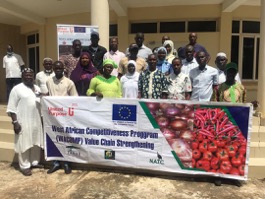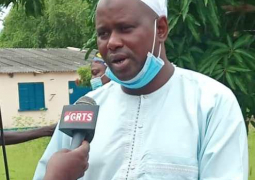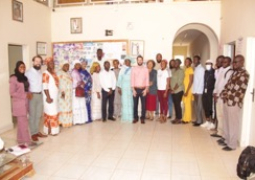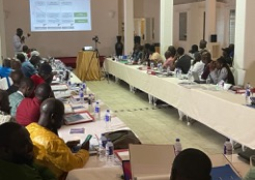
The project funded by the European Union (EU) is being implemented under the West Africa Competitiveness Program (WACOMP) project by UP, United National Industrial Development Organization (UNIDO) and other partner NGOs.
The WACOMP project aims at increasing the country’s competitiveness through enhanced quality compliance along the onion value chain by improving the performance, growth and contribution to industry, regional trade and exports of onion and other horticulture value chain. It also aims to reach 120 farmer field schools, 3,600 individual vegetable growers and 10 Micro, Small and Medium Enterprises through improving access to markets and job creation for women producers.
Through routine monitoring, the tool would be a primary source in gardens that will enable easy access to timely, accurate and trend field data for reporting purposes.
It will also serve as a national document and will be used in the wet season trial gardens with possibility of rolling out to other vegetable schemes.
Mariama Jallow, project manager for Bio-fortification at United Purpose said challenges the project face include lack of data. However, she said that the project has had an impact and changed the lives and livelihoods of many.
She called for the need to graduate from paper-work data collection and go digital to ensure access to easy data collection.
Bai E. Jabang, Executive Director of Trust Agency for Rural Development (TARUD) said some data tools were generated but were not available due to lack of unified data.
Ousman Manneh, president for Fangsoto Marketing Federation said farmers used to face challenges of marketing the onion and tomato produced but commended the International Trade Center (ICT) for their role in linking them to markets.
He challenged Government to come up with strategies that will help farmers market their produce in the country.
Nganasa Touray, project manager for WACOMP under United Purpose said the country is importing too much onion with a lot of money being paid to outsiders in order to bring onion into The Gambia.
According to her, we have the land, fresh-water and the human capital yet cannot produce enough for our country’s consumption.





